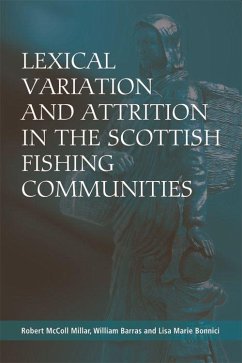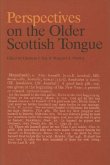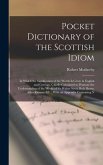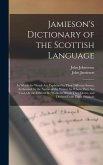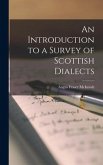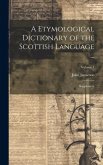The modern age has not been kind to traditional dialects. While local pronunciations and structures survive relatively well, native vocabulary is disappearing, to be replaced by words and phrases from the standard or, more often, broadly based vernaculars. This is particularly the case with dialects associated with a disappearing way of life. Lexical Variation and Attrition in the Scottish Fishing Communities discusses these changes in relation to the previously highly distinctive dialects associated with the fishing communities of Scotland's east coast. It demonstrates how vocabulary use varies and changes; in particular how words are lost in the face of great social change. Particular emphasis is given to the linguistic behaviour of women throughout the communities, generational factors and what heritage concerns mean linguistically. Using methodologies derived from both sociolinguistics and dialectology, the authors present an engaging and thought-provoking case study for advanced students, researchers and scholars in language and linguistics. Robert McColl Millar is Reader in Linguistics in the School of Language and Literature at the University of Aberdeen. William Barras is a Lecturer in Language and Linguistics at the University of Aberdeen. Lisa Marie Bonnici received her PhD in Linguistics from UC Davis and carried out postdoctoral research at the University of Aberdeen for the FisherSpeak project. Cover image: The statue of Fisher Jessie and her daughter, Peterhead (c) John Ollason. Cover design: Michael Chatfield
Hinweis: Dieser Artikel kann nur an eine deutsche Lieferadresse ausgeliefert werden.
Hinweis: Dieser Artikel kann nur an eine deutsche Lieferadresse ausgeliefert werden.

